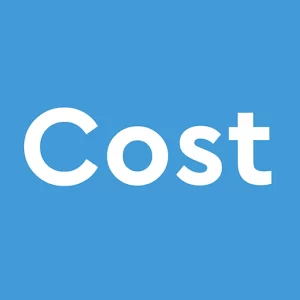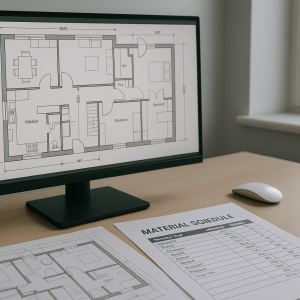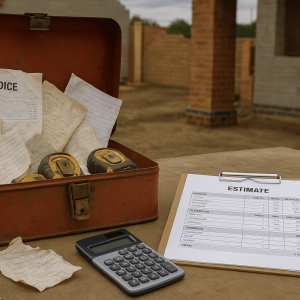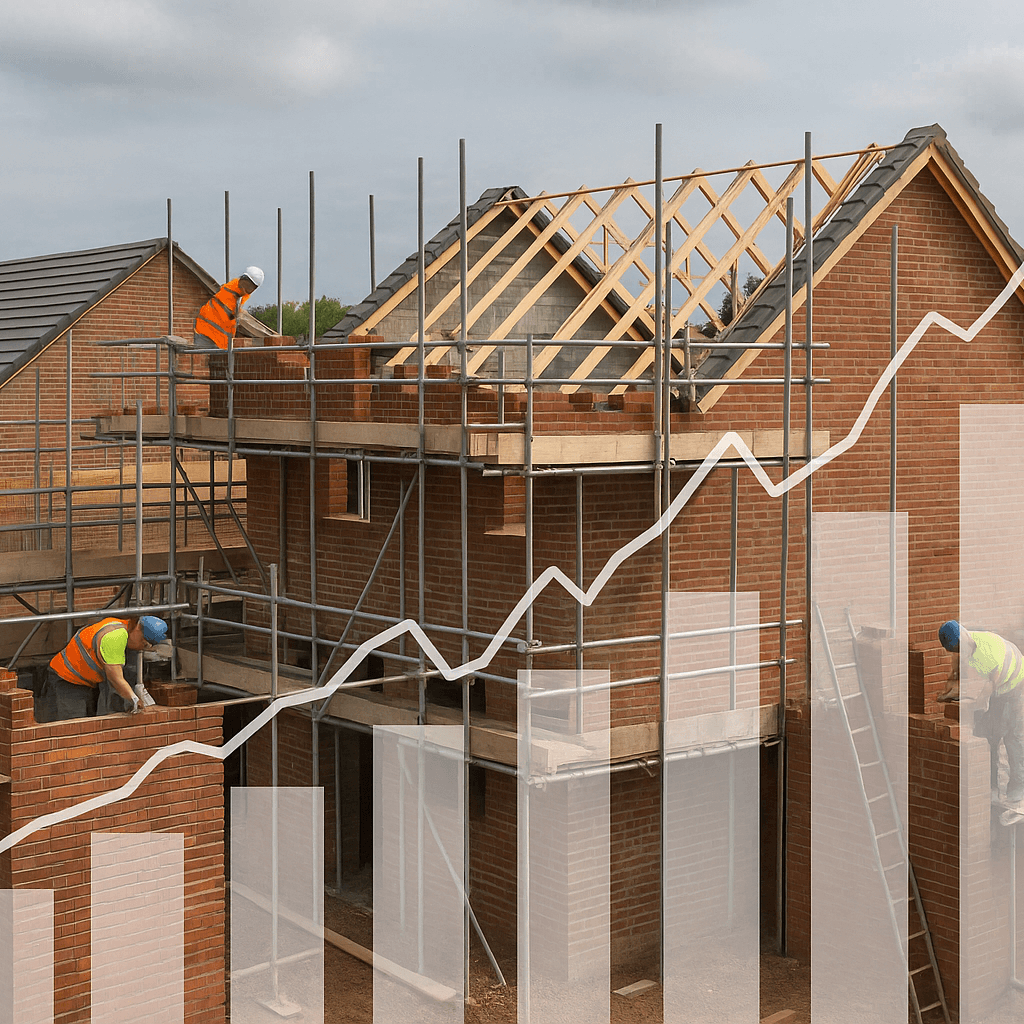As a construction professional, one of the most important aspects of your job is creating accurate and comprehensive estimates for your clients. A well-crafted estimate not only helps you win the project, but it also serves as a roadmap for the project’s budget and timeline. However, creating a construction estimate involves more than just crunching numbers. To ensure your estimate is as effective as possible, it’s important to include certain essential elements. In this article, we’ll explore the five key elements you should include in every construction estimate to ensure your projects are successful, profitable, and completed on time. Whether you’re a seasoned pro or just starting out, these tips will help you create estimates that impress your clients and set you up for success. So, let’s dive in and discover the secrets of a winning construction estimate!
The Importance of Accurate Estimates
Accurate estimates are essential to the success of any construction project. They help you determine the cost of a project and the time it will take to complete it. They also help you identify potential problems before they arise, which can save you time and money in the long run. Additionally, accurate estimates help you win projects by impressing clients with your attention to detail and professionalism.
However, creating an accurate estimate is not always easy. There are many factors to consider, and it can be difficult to predict the cost of materials, labor, and other expenses. That’s why it’s important to include the essential elements in your estimate, which we’ll explore in the next section.
5 Essential Elements to Include in Your Construction Estimate
1. Labor Costs
Labor costs are one of the most significant expenses in any construction project. To calculate labor costs, you’ll need to consider the number of workers needed for the project, their hourly rate, and the number of hours they’ll work. It’s important to be as accurate as possible when estimating labor costs, as this will affect the overall cost of the project.
To calculate the number of workers needed, you’ll need to consider the scope of the project, the timeline, and the specific tasks that need to be completed. Once you have an estimate of the number of workers needed, you can calculate their hourly rate based on their experience and qualifications.
2. Material Costs
Material costs are also a significant expense in any construction project. To calculate material costs, you’ll need to consider the type and quantity of materials needed for the project, as well as their cost. It’s important to be as specific as possible when estimating material costs, as this will affect the overall accuracy of your estimate.
To calculate the type and quantity of materials needed, you’ll need to consider the scope of the project, the timeline, and the specific tasks that need to be completed. Once you have an estimate of the materials needed, you can calculate their cost based on the current market price.
3. Equipment Costs
Equipment costs are another significant expense in any construction project. To calculate equipment costs, you’ll need to consider the type and quantity of equipment needed for the project, as well as their cost. It’s important to be as specific as possible when estimating equipment costs, as this will affect the overall accuracy of your estimate.
To calculate the type and quantity of equipment needed, you’ll need to consider the scope of the project, the timeline, and the specific tasks that need to be completed. Once you have an estimate of the equipment needed, you can calculate their cost based on the current market price.
4. Overhead Costs
Overhead costs are the indirect expenses associated with a construction project, such as rent, utilities, insurance, and administrative expenses. To calculate overhead costs, you’ll need to consider the percentage of the direct costs that should be allocated to overhead expenses.
The percentage of overhead costs will vary depending on the type and size of the project, as well as the specific expenses involved. It’s important to be as accurate as possible when estimating overhead costs, as this will affect the overall cost of the project.
5. Contingency Costs
Contingency costs are the unexpected expenses that may arise during a construction project, such as unexpected delays, changes to the scope of the project, or unforeseen expenses. To calculate contingency costs, you’ll need to consider the percentage of the total project cost that should be allocated to contingency expenses.
The percentage of contingency costs will vary depending on the type and size of the project, as well as the specific risks involved. It’s important to be as accurate as possible when estimating contingency costs, as this will help you prepare for unexpected expenses and avoid cost overruns.
How to Calculate Labour Costs
Calculating labour costs involves several steps. First, you’ll need to determine the number of workers needed for the project. This will depend on the scope of the project, the timeline, and the specific tasks that need to be completed.
Once you have an estimate of the number of workers needed, you can calculate their hourly rate based on their experience and qualifications. You’ll also need to consider other factors, such as overtime pay, benefits, and taxes.
To calculate the total labour cost, you’ll need to multiply the number of workers by their hourly rate and the number of hours they’ll work. This will give you an estimate of the total labour cost for the project.
How to Calculate Material Costs
Calculating material costs involves several steps. First, you’ll need to determine the type and quantity of materials needed for the project. This will depend on the scope of the project, the timeline, and the specific tasks that need to be completed.
Once you have an estimate of the materials needed, you can calculate their cost based on the current market price. You’ll also need to consider other factors, such as taxes and shipping costs.
To calculate the total material cost, you’ll need to multiply the quantity of materials by their cost. This will give you an estimate of the total material cost for the project.
How to Calculate Equipment Costs
Calculating equipment costs involves several steps. First, you’ll need to determine the type and quantity of equipment needed for the project. This will depend on the scope of the project, the timeline, and the specific tasks that need to be completed.
Once you have an estimate of the equipment needed, you can calculate their cost based on the current market price. You’ll also need to consider other factors, such as taxes and maintenance costs.
To calculate the total equipment cost, you’ll need to multiply the quantity of equipment by their cost. This will give you an estimate of the total equipment cost for the project.
How to Calculate Overhead Costs
Calculating overhead costs involves several steps. First, you’ll need to determine the percentage of the direct costs that should be allocated to overhead expenses. This will depend on the type and size of the project, as well as the specific expenses involved.
Once you have an estimate of the percentage of overhead costs, you can calculate the total overhead cost by multiplying the direct costs by the percentage of overhead costs. This will give you an estimate of the total overhead cost for the project.
How to Calculate Contingency Costs
Calculating contingency costs involves several steps. First, you’ll need to determine the percentage of the total project cost that should be allocated to contingency expenses. This will depend on the type and size of the project, as well as the specific risks involved.
Once you have an estimate of the percentage of contingency costs, you can calculate the total contingency cost by multiplying the total project cost by the percentage of contingency costs. This will give you an estimate of the total contingency cost for the project.
Putting it All Together – Creating a Comprehensive Construction Estimate
Creating a comprehensive construction estimate involves combining all the essential elements we’ve discussed in this article. To create an accurate estimate, you’ll need to consider the scope of the project, the timeline, and the specific tasks that need to be completed.
Start by calculating the labor costs, material costs, and equipment costs for the project. Then, add the overhead costs and contingency costs to the total. This will give you an estimate of the total project cost.
It’s important to be as accurate as possible when creating your estimate. You can do this by using current market prices for materials and equipment, and by being realistic about the time it will take to complete the project.
Conclusion
Creating an accurate and comprehensive construction estimate is essential to the success of any construction project. By including the five essential elements we’ve discussed in this article, you can create estimates that impress your clients and set you up for success.
Remember to be as accurate as possible when estimating labor costs, material costs, equipment costs, overhead costs, and contingency costs. By doing so, you can avoid cost overruns and ensure your projects are completed on time and within budget.
We hope you found this article helpful. If you have any questions or comments, please feel free to leave them below.
As construction technology advances, so does the future of estimating in the construction industry, moving towards more efficient and convenient methods. Nowadays, for building cost estimator UK, house construction cost, there are digital tools such as our software that make the estimation process quicker and more accurate, which is becoming increasingly relevant for professionals and businesses. This trend makes learning about cost estimating essential for those in the Construction industry, regardless of experience, and understanding the skills required to undertake this role – such as identified in what a cost estimator does, will help pave the way to pursuing a career in this field.
Building Cost Calculators:
To get accurate, up to date construction costs, use our FREE Building Cost Calculators:

